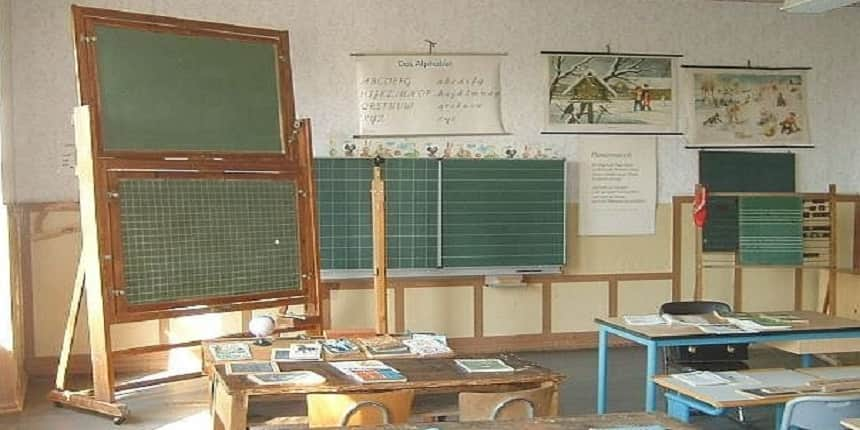Delhi's plan to mitigate heat impact: No schools in afternoon, 24x7 power to healthcare facilities
Press Trust of India | August 17, 2023 | 03:56 PM IST | 2 mins read
The education department will have to ensure that "schools do not function during peak hours" when heatwave will be declared.

NEW DELHI: Delhi will alter school timings, suspend non-essential water use, provide uninterrupted power supply to health facilities and survey vulnerable locations daily to mitigate the impact of extreme heat on susceptible populations in peak summers, according to the city's new heat action plan.
The Delhi Disaster Management Authority (DDMA), which prepared the plan and submitted it to the Centre last month, also plans a pilot project to paint roofs in identified areas with white colour to help keep the indoors cooler. The education department will have to ensure that "schools do not function during peak hours (12 noon to 4pm)" when a heatwave is declared.
Also Read | Delhi government invites applications for state teachers’ award 2023; eligibility criteria
The nodal officer, who will be responsible for the implementation of the heat action plan (HAP), is still to be appointed, a DDMA official said. Delhi is one of the hottest cities in India and ranks among the most susceptible to heat waves due to its large population and a significant concentration of lower-income groups. India reported 706 heatwave incidents from 1971-2019 which claimed more than 17,000 lives, according to a paper authored by M Rajeevan, former secretary of the ministry of earth sciences, along with scientists Kamaljit Ray, SS Ray, RK Giri and AP Dimri.
A study by the Indian Institute of Technology-Gandhinagar says India could witness a staggering 30-fold increase in severe heat waves by 2100. A 75-fold rise is predicted under a business-as-usual scenario. The Delhi HAP relies on heat wave forecasts from the India meteorological department for the next seven days for issuing colour-coded alerts to the local population.
The heat action plan will be implemented in three phases: Phase 1 (pre-heat season -- February and March) is dedicated to developing early warning systems and a communication plan for issuing alerts to the general public, healthcare professionals, and voluntary groups (caregivers). The focus is on training and capacity-building for these groups. In Phase 2 (March to July), "cooling centres", including temples, public buildings, malls, and temporary night shelters, will be activated to offer outdoor workers, slum communities, and other vulnerable populations access to shaded areas in response to heat alerts. Non-essential water uses will be suspended in case of water shortages. Access to potable water will be expanded to religious places, bus transit stations, and water pouches will be provided in poor and high-risk areas, the plan states.
Under Phase 3, which will be implemented in the July-September period, cool resting centres will be established in high-risk areas and tree plantation will be undertaken in heat hotspots.
Follow us for the latest education news on colleges and universities, admission, courses, exams, research, education policies, study abroad and more..
To get in touch, write to us at news@careers360.com.